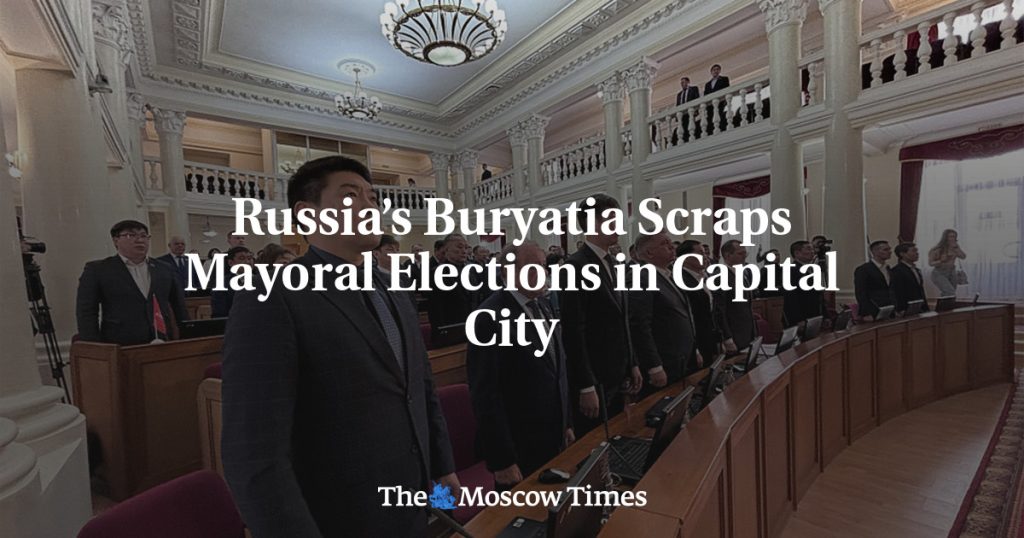The Russian city of Ulan-Ude has recently announced that they will no longer hold direct mayoral elections, instead opting to select their local political leader through a council of electors. This decision was proposed by the head of Buryatia, Alexei Tsydenov, in an effort to streamline the election process and avoid political conflicts. Mayoral candidates will now be submitted by a competition commission, based on unspecified contest results.
The decision to abolish direct mayoral elections in Ulan-Ude was approved by the regional assembly of Far East Russia’s republic of Buryatia, known as the Khural, which is controlled by the ruling United Russia party. The vote to abolish direct mayoral elections was 54-6 in favor of the change. Both Governor Tsydenov and current Ulan-Ude Mayor Igor Shutenkov are members of United Russia, indicating that the decision had the support of the ruling party in the region.
Following this change, direct mayoral elections now only remain in four Russian regional capitals, as well as the federal cities of Moscow and St. Petersburg. The move to eliminate direct mayoral elections in Ulan-Ude is part of a larger trend in Russia, with other cities such as Tomsk and Novosibirsk also scrapping their direct mayoral elections in recent years. This trend reflects the Kremlin’s push to tighten political control over the country’s regions and cities.
It is worth noting that Ulan-Ude had previously abolished direct mayoral elections in 2011, only to reinstate them four years later. This latest decision to once again eliminate direct mayoral elections reflects a shifting political landscape in the city. The move towards selecting the mayor through a council of electors instead of direct elections may have implications for the future of local governance in Ulan-Ude.
The decision to move away from direct mayoral elections in Ulan-Ude has raised questions about the future of local democracy in the city. Critics argue that this change could limit the ability of residents to choose their local leaders and may further consolidate power within the ruling party. However, supporters of the move believe that it will streamline the election process and lead to more efficient governance in the city.
Overall, the decision to abolish direct mayoral elections in Ulan-Ude marks a significant change in the city’s political landscape. The move reflects a broader trend in Russia towards tightening political control in the regions and cities. It remains to be seen how this change will impact local governance and democracy in Ulan-Ude in the years to come.


